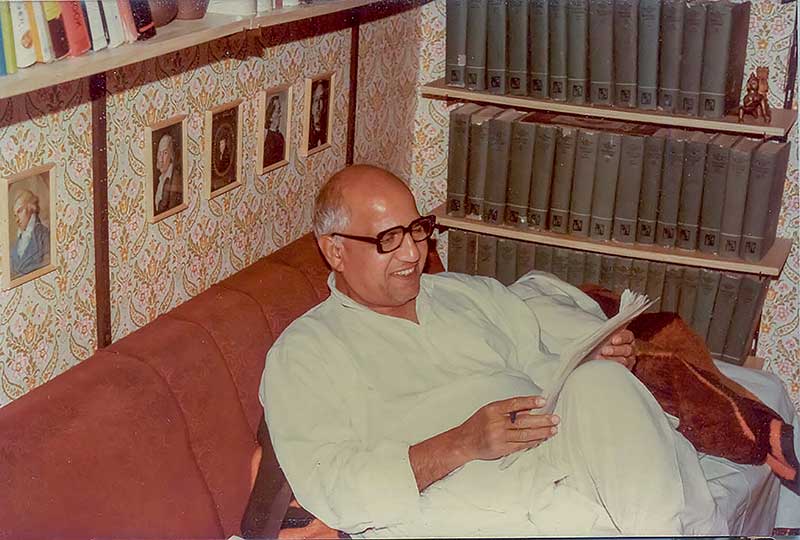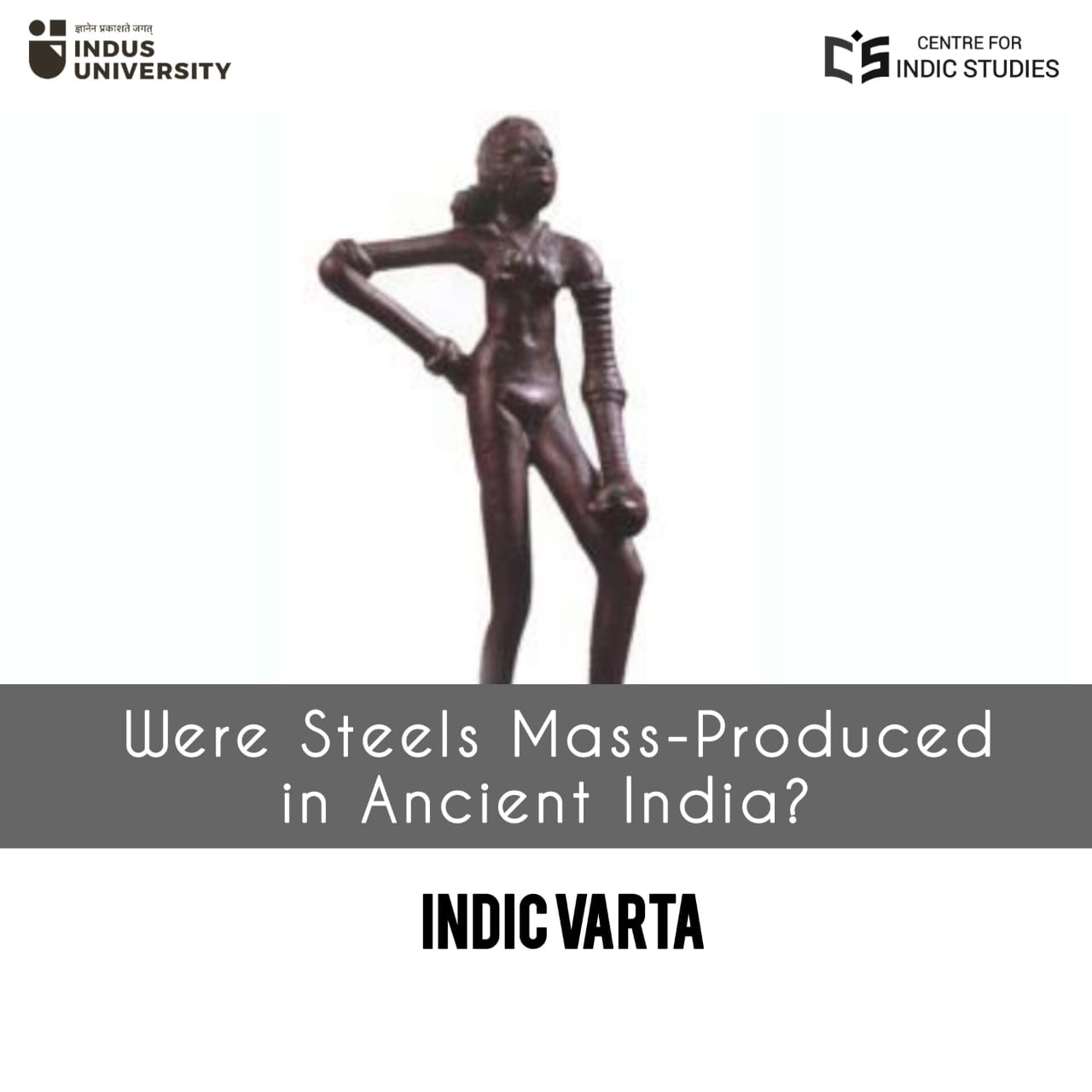- Visitor:35
- Published on:
Most Popular Articles of 2021
Through this annual review of 2021, we would like to express our gratitude to all of you for your continuous engagement with Indic Varta.

Dear Readers,
Before we begin the new year of 2022, we would like to express our gratitude to all of you. Thanks to your continuous engagement, the viewership of articles on Indic Varta reached considerably high numbers. We now invite you to take a glimpse at our most popular articles of the year 2021.
In Has Hinduism Changed or Remained the Same?, David Frawley and others explained why we do not need to interpret the Vedic tradition as being different from later Hinduism. Rather, we can look upon India’s spiritual heritage as a consistent cultural system, which happens to be the oldest surviving civilization in the world.
In his succinct review of The Bhagavad Gita for Millennials by Bibek Debroy, Jataayu Bengaluru told us why The Bhagavad Gita for Millennials is an eminently readable and well written book. It isn’t just yet another translation of the Gita since it is written in a refreshingly unique style.
Two of our translations of the essays of Devendra Swarup entitled “Divide and Rule”. The British Colonial Policy on Caste and Brahmins are the root cause of all problems ! were also widely read. The first essay explored whether the British succeeded in dividing Indian society in their bid to abolish caste and why did they resort to the policy of “divide and rule”? while the second essay explained that colonial officials conveniently blamed the Brahmin soldiers for instigating the mutiny of 1857. But in doing so, they were faced with an even bigger predicament.
As part of our ongoing celebration of the birth centenary of Shri Dharampal (1922-2006), we published an excerpt from the introduction to THE DHARAMPAL CLASSICS Series, a reprint of Dharampal’s major works recently published by The Centre for Policy Studies. The editors have reprinted the original editions of the most significant of Dharampalji’s works and have tried to keep the text of the first published editions unaltered.
In Hindu Roots of Sikhism, Ram Swarup debunks the myth that the Sikh gurus fashioned a new religion. In this article, we learned that Sikh teachings were rooted in Hindu scriptures.
As part of our fascinating journey of scientific exploration into the question of reincarnation, we published a series of excerpts of cases of children with past life memories from Dr. Jim Tucker’s book ‘Life before Life’. The most popular of these excerpts was entitled The Boy Who Was His Own Grandfather. Exploratory Studies in Reincarnation.
We published yet another series of articles on Ayurveda authored by Shri P. Ram Manohar. His most popular article was entitled “Intuition and Reason”. Ayurveda Knowledge System. In this article, P.Ram Manohar explained that Ayurvedic treatment is a carefully thought out design to skilfully control the opposing factors that work behind a disease so as to favorably influence the attempts to restore health and well-being.
We also published a travelogue series on the temples of South India by Brigadier A.P. Singh. The third part of this travelogue series was on The Chennakeshava Temple which is also known as the Marvel of Belur.
Saumya Dey recently reviewed J. Sai Deepak’s best-selling book – India That is Bharat. His review titled India that is Bharat. Breaking Out of the Postcolonial Rut became a instant hit. Dey noted that Sai Deepak’s book does not just crib and complain, it charts a path for the restoration of our subjectivity and cultural and civilizational agency.
One of our most popular columnists, Dr. Subroto Roy wrote a fascinating piece on the Varna system. In this article, Roy argued that there is no low and high ‘caste’. Even Valmiki in his Ramayana declares that even a Shoodra is ‘Arya’. This article not only explained the contradictions in the Aryan invasion/migration theory, but also demolished the myth of a vertical hierarchy of varna as opposed to a horizontal classification.
On the whole, we hope you enjoyed reading each of our articles throughout the year. We are committed to bringing you the most relevant and insightful content in the next year as well. We wish you a very happy new year 2022. Stay connected and stay safe !
Warmest Regards,
Dr. Ankur Kakkar
Chief Editor, Indic Varta
Center for Indic Studies is now on Telegram. For regular updates on Indic Varta, Indic Talks and Indic Courses at CIS, please subscribe to our telegram channel !
- 17 min read
- 0
- 0










